Kunming-Bangkok highway boosts int'l trade
As China's first international freeway, the Kunming-Bangkok highway connects the country to Laos and Thailand.

The Kunming-Bangkok highway has brought Yunnan closer to Thailand, boosting people-to-people exchanges and international cargo trade. Thanks to the highway, Yunnan flowers are exported to Thailand, while Thai fruits enter the Chinese market.
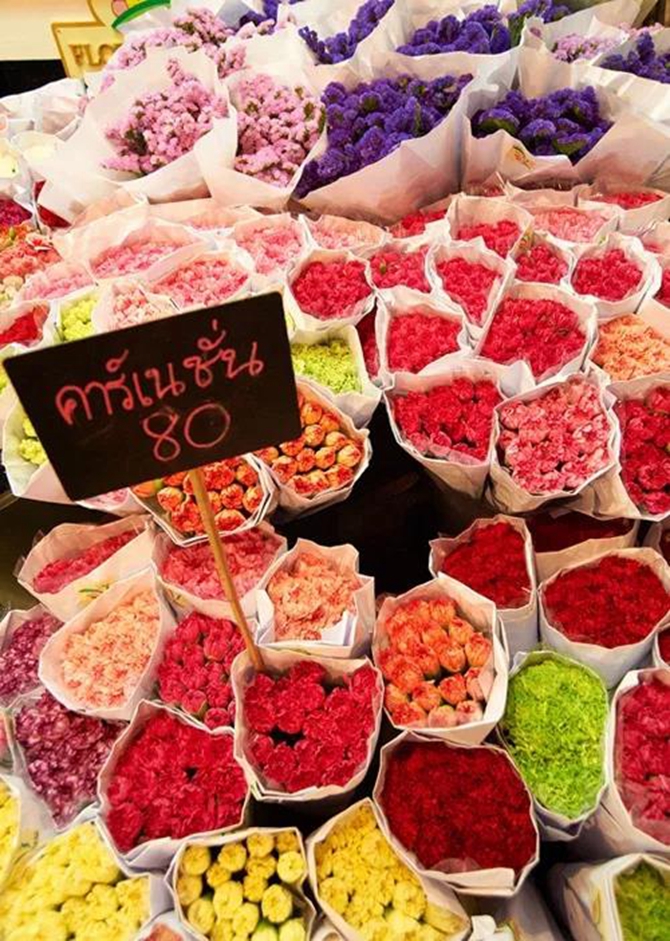
At a little shop in Pak Khlong Talat, the largest flower market in Bangkok, flowers from Yunnan are quite visible. Yunnan girl Ma Na has joined hands with Thais in the flower business for around 9 years. Each year, Ma imports more than 300 tons of fresh cut flowers from Kunming and sells them in Bangkok. “Yunnan flowers are popular among Thais,” she said.
Ma Na said that the Kunming-Bangkok highway is the major route for flower transportation. The cold chain vans from Dounan Flower Market in Kunming can reach Bangkok in around 36 hours.
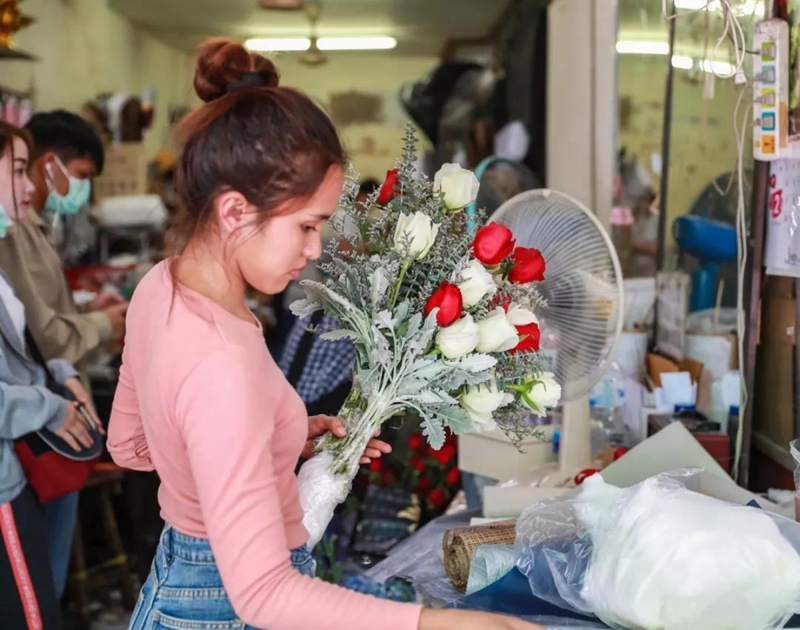
Ma is just one of the traders who brought Yunnan flowers to Thailand. Under the Belt and Road Initiative in recent years, more merchants have realized the business opportunity from Yunnan flowers.
Thai man Song Pan has run a flower shop in Bangkok for many years. In the past eight years, Ma Na has been his main supplier.
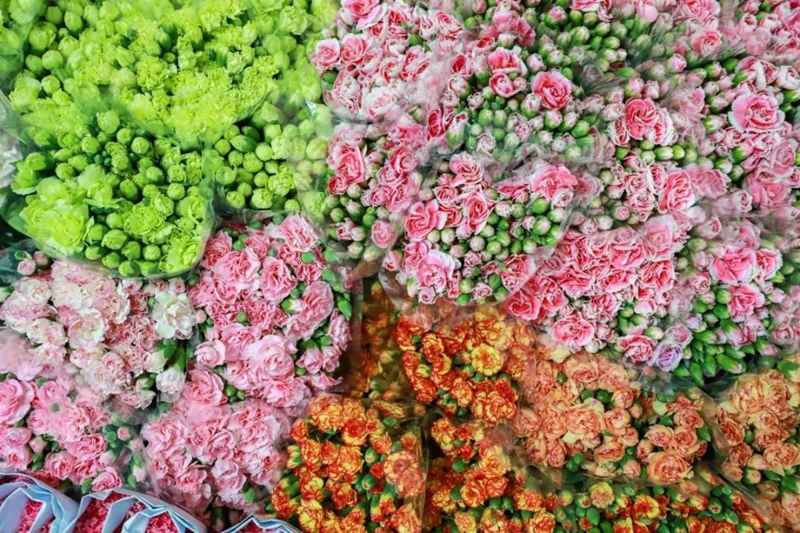
"Thailand is a country of flowers. You can see lilies in the temple, carnations in the venue, and roses in the hands of lovers, and most of them come from China,” said he. “Chinese are reliable traders, and the flower quality is excellent, so Ma is my long-term business partner."
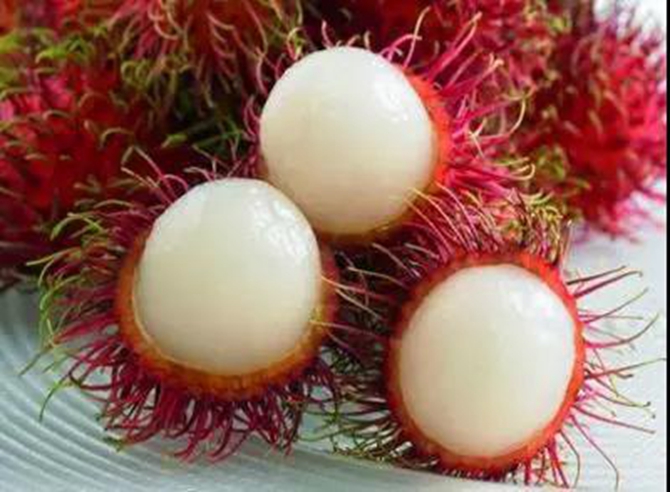
The destination of Yunnan flowers is just where the Thai fruits start their journey. The cold-chain vans that transport Yunnan flowers to Thailand will not come back empty. Instead, they carry tropical fruits such as mangosteen, durian, grapefruit and longan from Thailand to Kunming. Via Kunming, the fruit are sold to other cities in China.
Mr. Zhao is a Kunming native who has been engaged in the China-Thailand fruit trade for five years, and the past five years coincide with the “Belt and Road” construction. At first, Zhao just imported 5 containers of fruits from Thailand to Kunming, but now the number has increased to nearly 60 containers a year.
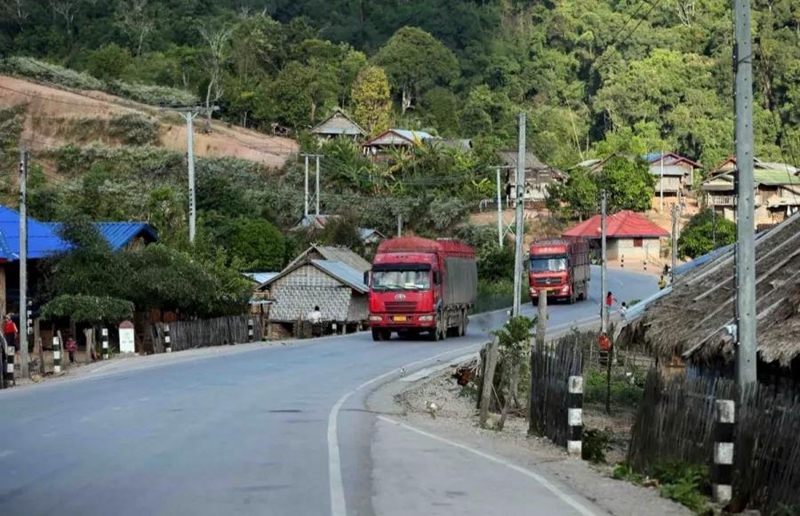
"Thai fruits enjoy most access to the Chinese market, and the 23 allowed varieties include rambutan, syzygium samarangense, coconut, durian and mangosteen. Since the inception of the zero-tariff agreement in China-Thailand trade of vegetables and fruits, my business has boomed, and Chinese consumers got to know Thai fruits and other products,” said Zhao, adding he will also try to sell Yunnan vegetables to Bangkok.
The trade of flowers and fruits is only a miniature of the Kunming-Bangkok exchanges. Other benefits and improvement brought about by the international highway are yet to be discovered.
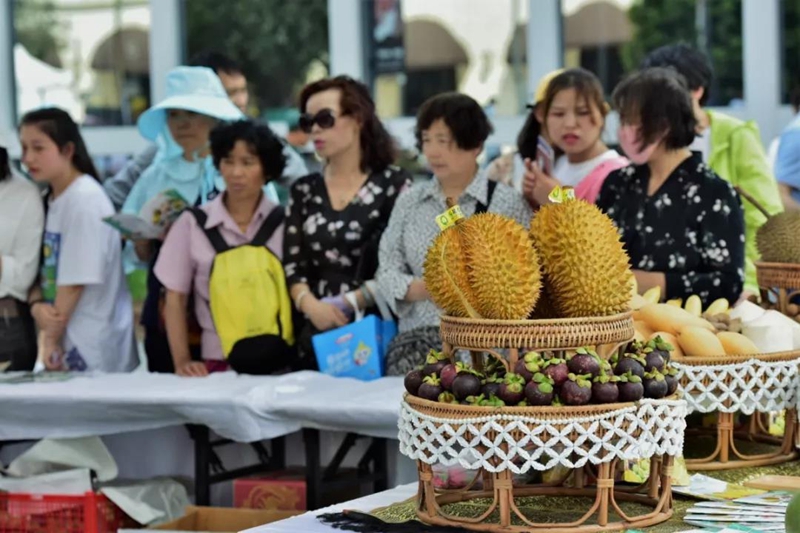
By Gateway staff reporters